
The Next Black(2014)
An exploration of the future of clothing
An exploration of the future of clothing, profiling forward-thinking companies at the forefront of redefining how and what we wear.
Movie: The Next Black

The Next Black
HomePage
Overview
An exploration of the future of clothing, profiling forward-thinking companies at the forefront of redefining how and what we wear.
Release Date
2014-10-31
Average
0
Rating:
0.0 startsTagline
An exploration of the future of clothing
Genres
Languages:
Keywords
Similar Movies
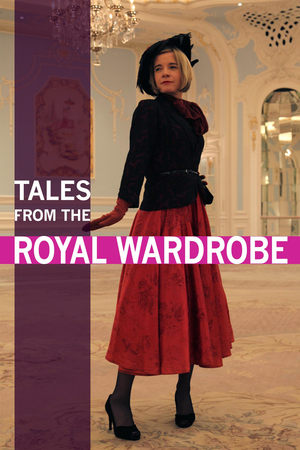 7.0
7.0Tales from the Royal Wardrobe(en)
Today, few people's clothes attract as much attention as the royal family, but this is not a modern-day paparazzi-inspired obsession. Historian Dr. Lucy Worsley, Chief Curator at Historic Royal Palaces, reveals that it has always been this way. Exploring the royal wardrobes of our kings and queens over the last four hundred years, Lucy shows this isn't just a public fascination, but an important and powerful message from the monarchs. From Elizabeth I to the present Queen Elizabeth II, Lucy explains how the royal wardrobe's significance goes far beyond the cut and color of the clothing. Royal fashion is, and has always been, regarded as a very personal statement to reflect their power over the reign. Most kings and queens have carefully choreographed every aspect of their wardrobe; for those who have not, there have sometimes been calamitous consequences. As much today as in the past, royal fashion is as much about politics as it is about elegant attire.
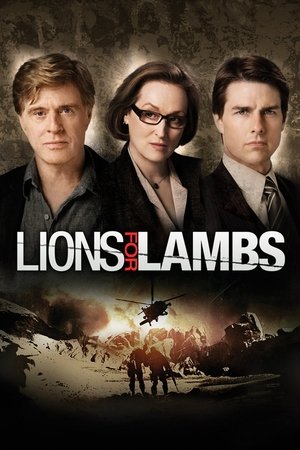 6.0
6.0Lions for Lambs(en)
Three stories told simultaneously in ninety minutes of real time: a Republican Senator who's a presidential hopeful gives an hour-long interview to a skeptical television reporter, detailing a strategy for victory in Afghanistan; two special forces ambushed on an Afghani ridge await rescue as Taliban forces close in; a poli-sci professor at a California college invites a student to re-engage.
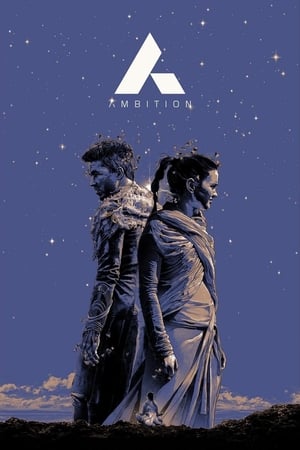 6.7
6.7Ambition(en)
A young apprentice struggles to master nanotechnology on an alien world and prove herself to her enigmatic master. Will her herculean goals remain tantalizingly out of reach, or will she fulfill them and in the process, change life as we know it?
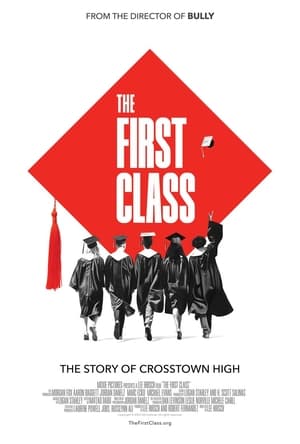 0.0
0.0The First Class(en)
An intimate verité film that follows students and educators at a groundbreaking new high school in Memphis. Their inspiring journey shows what learning can look like—and accomplish—when a city comes together to rethink what high school can be.
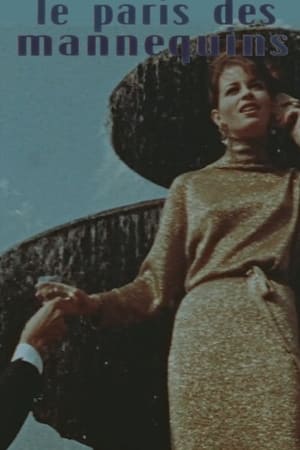 6.0
6.0Le Paris des mannequins(fr)
A photoshoot on the roofs and in the streets of Paris, under the astonished eyes of the inhabitants.
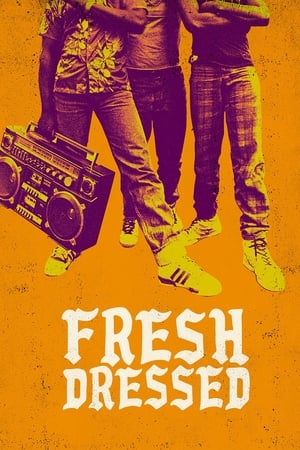 6.4
6.4Fresh Dressed(en)
The history of Hip-Hop / Urban fashion and its rise from southern cotton plantations to the gangs of 1970s in the South Bronx, to corporate America, and everywhere in-between. Supported by rich archival materials and in-depth interviews with individuals crucial to the evolution of a way of life--and the outsiders who studied and admired them – Fresh Dressed goes to the core of where style was born on the black and brown side of town.
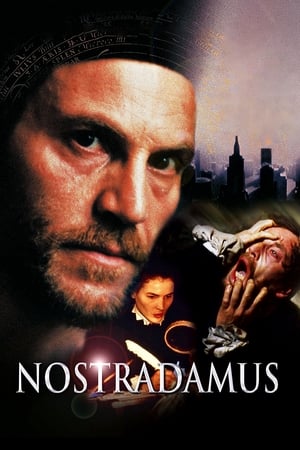 5.7
5.7Nostradamus(en)
A dramatic retelling of the life of Michel de Nostredame, from his early work as a plague doctor to his time at the court of Catherine de Medici, after he became famed for his prophetic almanacs. Stars Rutger Hauer and Julia Ormond.
Future My Love(en)
Directed and narrated by Maja Borg, Future My Love is a unique love story challenging our collective and personal utopias in search of freedom.
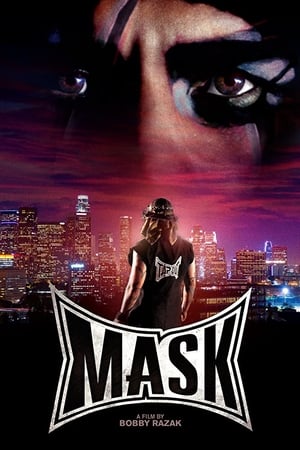 6.8
6.8Mask(en)
Charles Lewis founded TapouT in 1997, prompting a whirlwind life that intersected the birth of a sport. Selling TapouT apparel out of the trunk of his car during road trips throughout California, a hot bed of mixed martial arts in the late 1990s, Lewis took on the superhero persona of “Mask" as he donned war paint on his face and wore outlandish comic book outfits. Mask's vision quickly came to represent hardcore aspects of MMA fandom at a time when the sport floundered under political pressure. The history of MMA cannot be told without mentioning Charles “Mask” Lewis, or the era in which he emerged. On March 11, 2009, Lewis was killed by a drunk driver in Newport Beach, Calif. To honor his contributions, the sport's dominant promoter, the Ultimate Fighting Championship (UFC), posthumously inducted "Mask" as the first and only non-fighter into the UFC Hall of Fame.
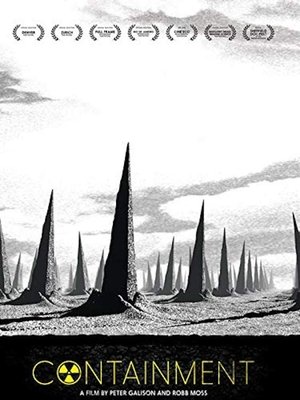 4.8
4.8Containment(en)
Every nuclear weapon made, every watt of electricity produced from a nuclear power plant leaves a trail of nuclear waste that will last for the next four hundred generations. We face the problem of how to warn the far distant future of the nuclear waste we have buried --but how to do it? How to imagine the far-distant threats to the sites, what kinds of monuments can be built, could stories or legends safeguard our descendants? Filmed at the only American nuclear burial ground, at a nuclear weapons complex and in Fukushima, the film grapples with the ways people are dealing with the present problem and imagining the future. Part observational essay, part graphic novel, this documentary explores the idea that over millennia, nothing stays put.
 3.8
3.8Confessions of a Time Traveler: The Man from 3036(en)
A main claiming to be from the future explains what we can expect from the next decades, in a frightening glimpse of what's to come.
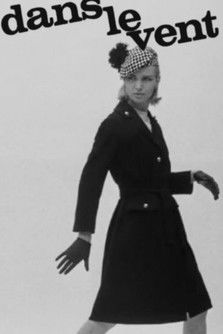 6.0
6.0Dans le vent(fr)
Short subject on how fashion is created-- not by the great couturiers, but on the street.
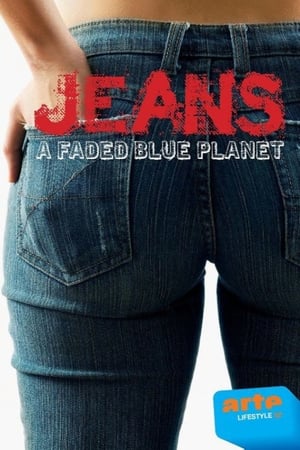 6.0
6.0Jeans: A Faded Blue Planet(fr)
A legendary garment, mass-produced, which witnessed the Industrial Revolution and clad cowboys on the western frontier, is now a fashion statement worldwide for men and women, young and old: an icon of modernity which has lasted for 150 years. With flying colors, the jeans have sailed through early marketing, the Internet, the world of collectors, the end of the Cold War, and now globalization. Their eternal popularity begs a question: Why?
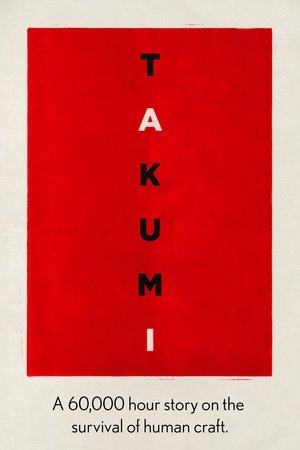 9.0
9.0Takumi: A 60,000 Hour Story on the Survival of Human Craft(en)
There is a popular theory that it takes at least 10,000 hours of focused practice for a human to become expert in any field. In Japan, there are craftspeople who go far beyond this to reach a special kind of mastery. These people are called Takumi and they devote 60,000 hours to their craft. That's 8 hours a day, 240 days a year, for over 30 years. It's an almost superhuman level of dedication to a life of repetition and no shortcuts. This film asks the question: Will human craft disappear as artificial intelligence reaches beyond our limits?
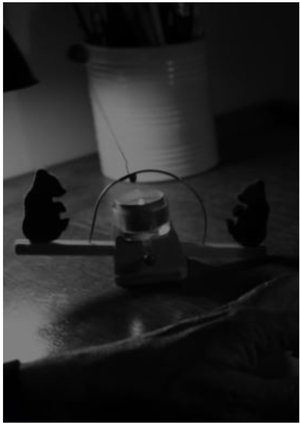 0.0
0.0Veränderung(de)
Wim Wenders ponders about the future of our society and film making amidst the Covid-19 pandemic.
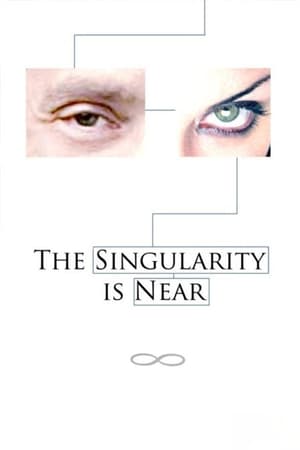 6.2
6.2The Singularity Is Near(en)
The onset of the 21st Century will be an era in which the very nature of what it means to be human will be both enriched and challenged as our species breaks the shackles of its genetic legacy and achieves inconceivable heights of intelligence, material progress, and longevity. While the social and philosophical ramifications of these changes will be profound, and the threats they pose considerable, celebrated futurist Ray Kurzweil presents a view of the coming age that is both a dramatic culmination of centuries of technological ingenuity and a genuinely inspiring vision of our ultimate destiny.
Traceable(en)
Traceable follows Laura Siegel, a fashion designer who takes a critical look at the fashion supply chain and fast fashion industry, travels through India in order to meet and work together with the artisans who create the majority of the clothing that we wear. The film explores our growing disconnect of how and who makes our clothing, thus instilling a need for traceability in the fashion industry.
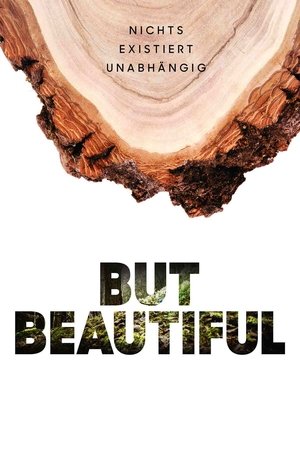 7.7
7.7But Beautiful(de)
In his new film, Erwin Wagenhofer is looking for the good and beautiful in this world.
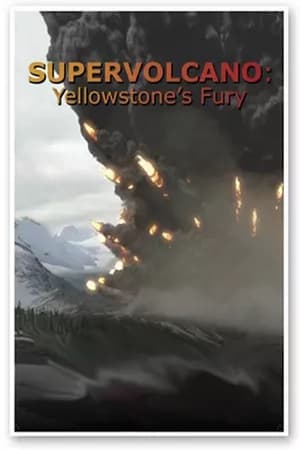 5.0
5.0Supervolcano: Yellowstone's Fury(en)
For over a century, tens of millions of visitors have marveled at the natural beauty of Yellowstone National Park. But, beneath all this beauty lurks a beast. Yellowstone sits directly above one of the largest volcanic systems on Earth. For the past two million years, this supervolcano has erupted roughly every 600,000 years. The last major eruption occurred 640,000 years ago. So, is it overdue for another eruption? There have been disturbing signals... Supervolcano: Yellowstone's Fury examines the cataclysmic effect an eruption would have on the world. It would be the largest natural disaster in recorded history. NYU Earth Scientist Michael Rampino warns, "An eruption like Yellowstone could trigger the end of civilization as we know it." For experts, the question is not if there will be another eruption, but when. University of Toronto geologist John Westgate agrees: "There will be a very large-scale supervolcanic eruption from Yellowstone. That's a fact."
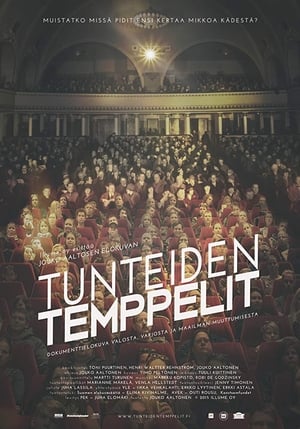 6.3
6.3Temples of Dreams(fi)
Documentary about Finnish film theaters - about their past, disappearance and future. And at the same time universal story how cinema is undeniably connected with life.